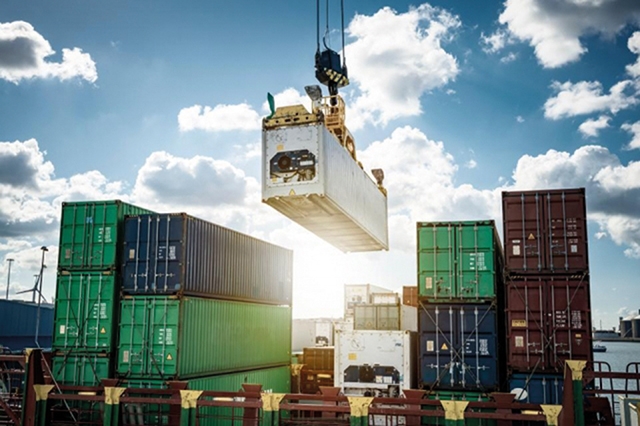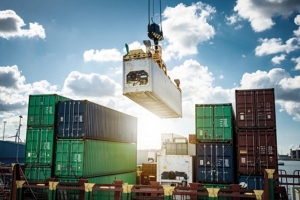Forbes: Why Does Everyone Suddenly Want a Free Trade Deal With Georgia?
Why does everyone suddenly want a Free Trade Agreement (FTA) with the small, Black Sea nation of Georgia? The answer to this question can be found in an article recently published by Forbes, a leading American financial-economic magazine.
The author of the article, Kenneth Rapoza, notes that the idea is that free trade deals with smaller nations don’t really hurt the American blue-collar labor force as they are not going to be ideal places to relocate corporate resources to, or build new factories in.
"Georgia’s been supportive in Afghanistan, a war Trump finally wants to wind down after more than 18 years there. How about giving them something in return? That’s part of the sales pitch," the author emphasizes.
The article reads that in November, former Congressman from Florida James Bacchus, the ex-Chairman of World Trade Organization’s Tribunal, wrote in favor of an FTA with Georgia in the Financial Times.
An FTA with them “would reassure other countries in the region that…the US continues to offer an alternative to acquiescence to the authoritarian regimes that surround and threaten them,” he wrote, an obvious nod to the Russians.
Georgia shares a border with Russia. President Trump prefers one-on-one trade deals rather than to follow World Trade Organization norms for tariff rates among member nations. As such, “until we can revive the multilateral negotiating process, we should be negotiating bilateral trade agreements with some of the economically emerging countries that are our friends as well as with our major trading partners,” Bacchus said in an interview. “Georgia should be on this list.”
In addition, the author notes that a month prior, James Carafano and Alexis Mrachek from the conservative Heritage Foundation made similar arguments.
"Their support centers around Heritage’s popular Economic Freedom Index. It ranks Georgia on par with Luxembourg. Actually, in 2019, it ranked one point ahead of them," he claims.
The Forbes article notes that Georgia was invaded and occupied by Soviet Russia in 1921. "It became independent during the unwinding of the Soviet Union in 1991. But the Russians came back in 2008 and illegally occupied territory in Georgia’s South Ossetia and Abkhazia regions."
The author writes that the main directions of the Georgian economy are: services, tourism, raw materials, wine and light manufacturing. It is ranked 7th in the world in the World Bank’s Ease of Doing Business index, one place behind the US, ahead of the UK, Norway, and Sweden. They have a six-year-old Association Agreement with the European Union, meaning there is free movement of goods and people between the EU and Georgia, and already have FTAs with China and Turkey.
"Heritage has been pushing for a US-Georgia FTA for roughly eight years, citing the China free trade deal with them as another reason why the US should do it.
"The idea resurfaced out of the Washington think tanks and into congressional offices in 2015 during the Obama Administration. The timing of the push for a Georgia FTA coincided with Russia’s push to annex parts of Ukraine. A Georgia FTA was viewed as both a shrewd political and commercial move to bolster security and American business opportunities," reads the article.
By Ana Dumbadze












